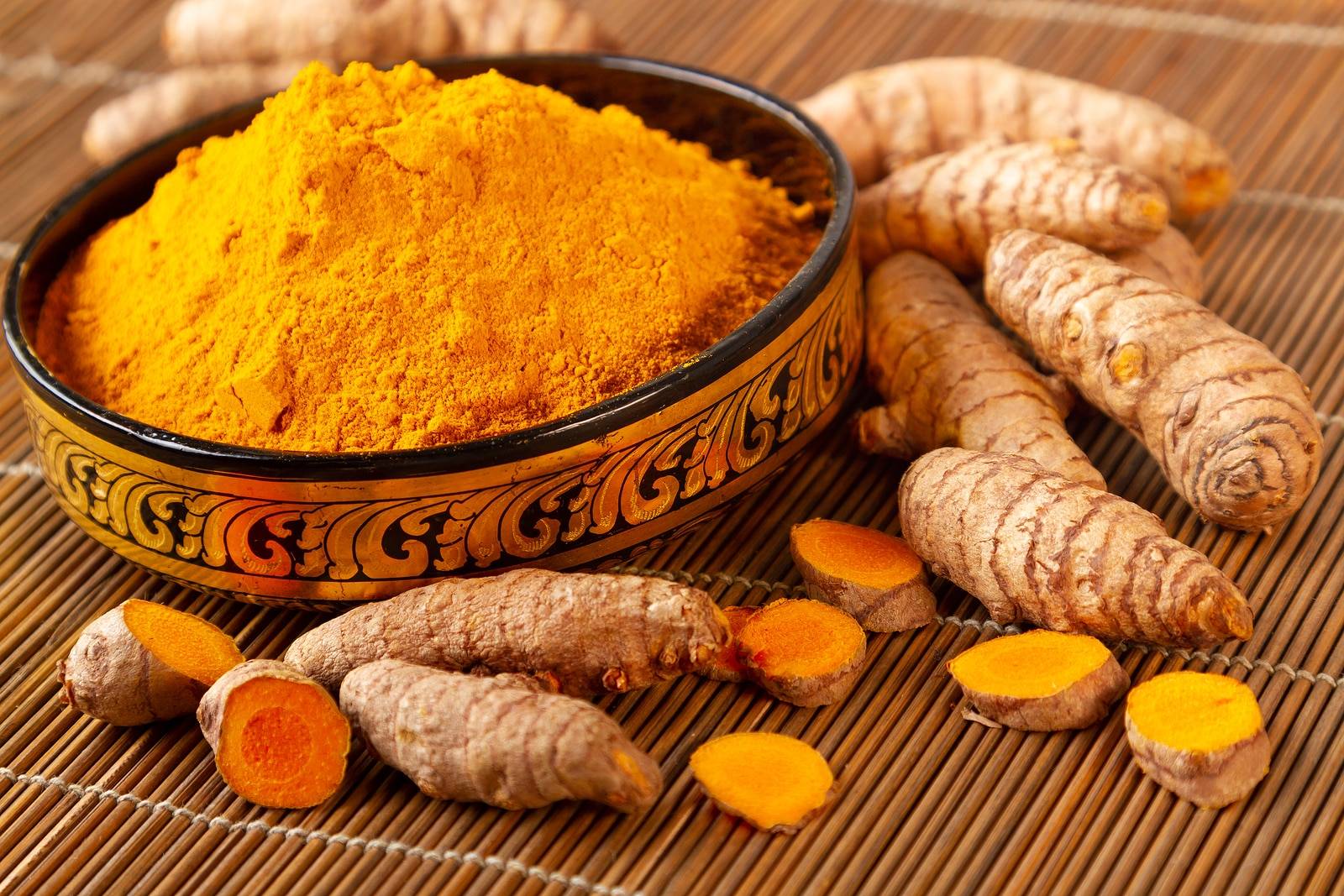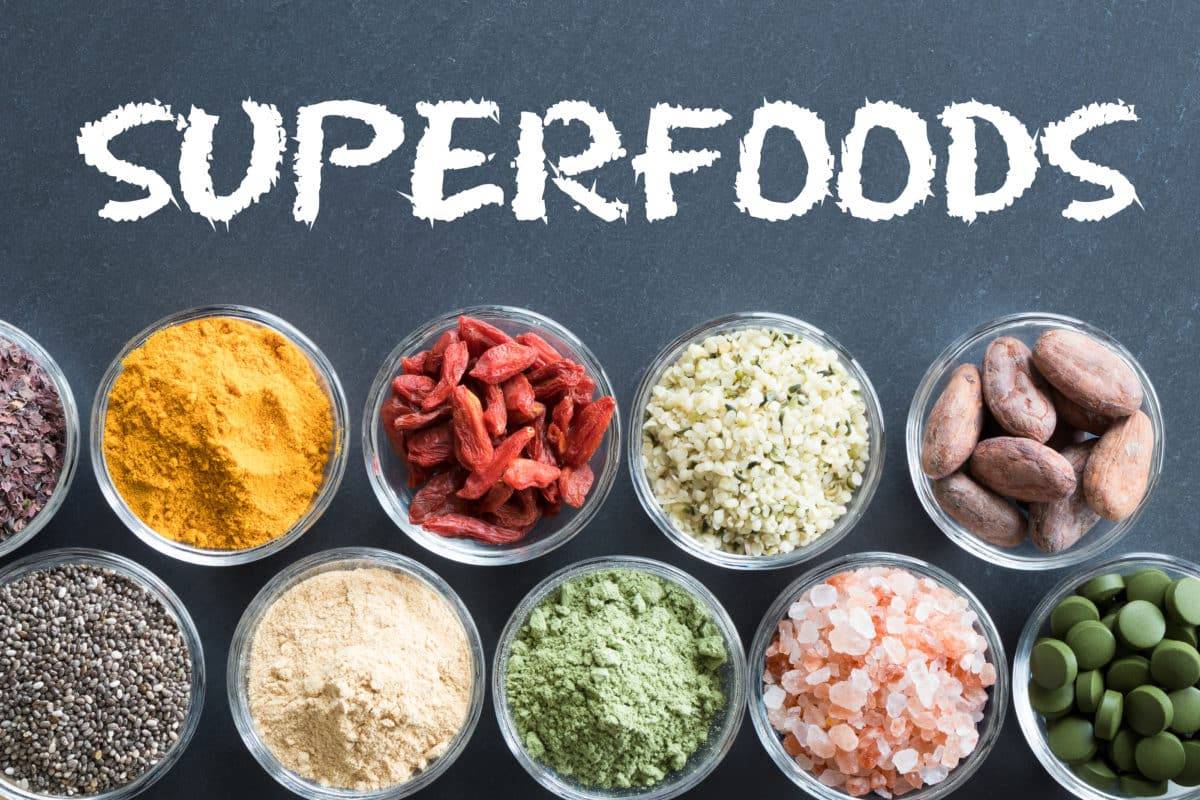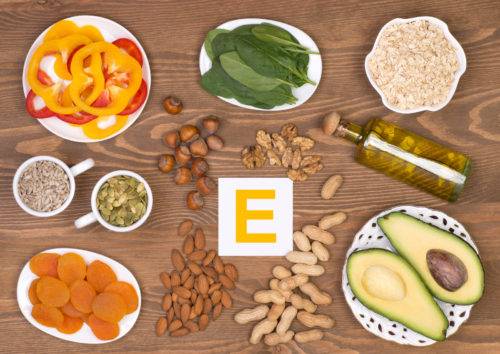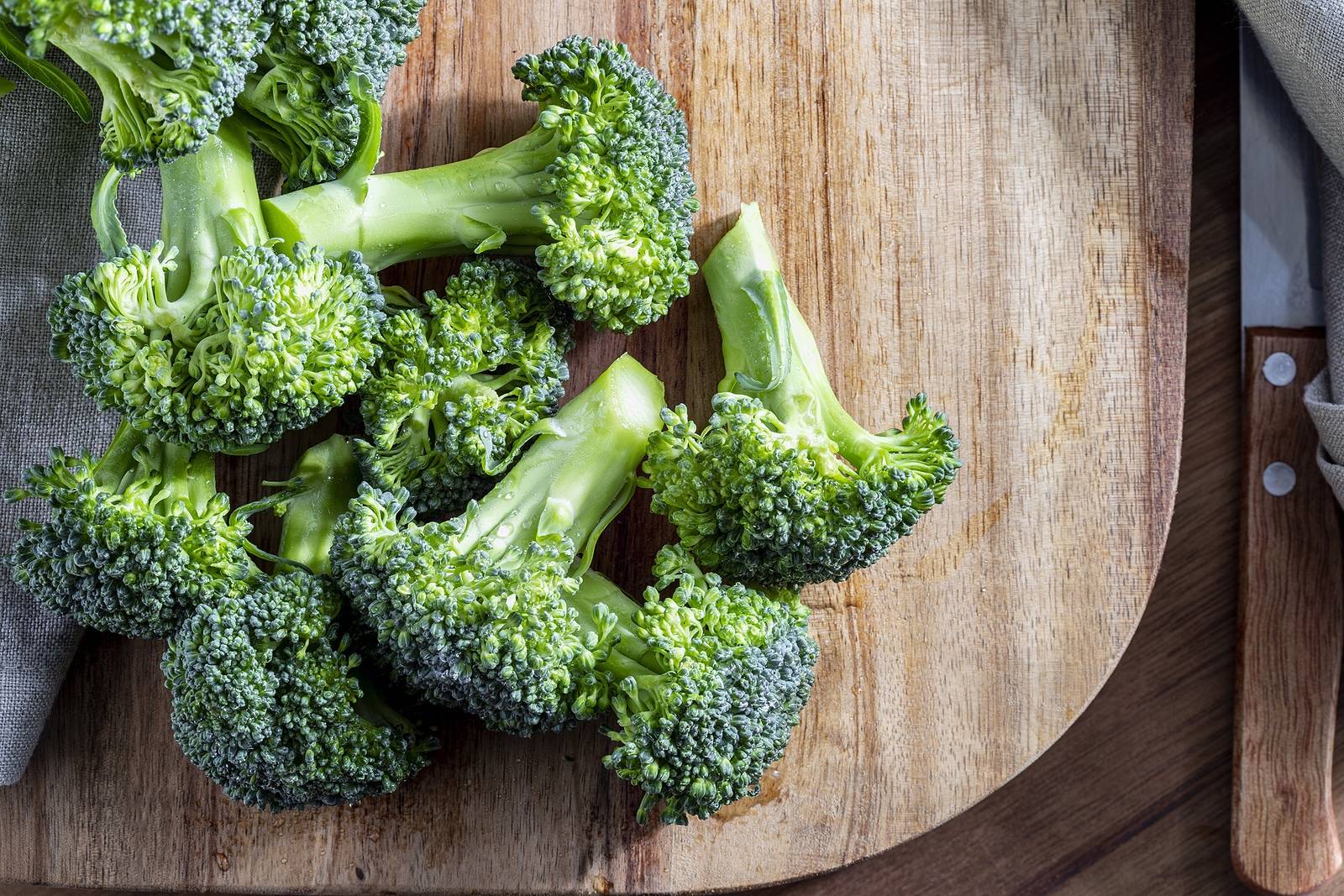The ultimate list of what foods help fight inflammation can help you lead a healthier life. Why should people want to know the ultimate list of what food helps fight inflammation? Because chronic inflammation has been proven to increase your risk of developing many different health problems.
Table of Contents
Inflammation in your body is affected by what you eat. So, it is critically important for everyone to know the ultimate list of foods that fight inflammation.
According to medical studies, a diet rich in anti-inflammatory foods may reduce low-grade chronic inflammation. Reducing your consumption of inflammatory foods can boost these effects as well. So what food helps fight inflammation that can help live more pain-free and have more longevity
What Food Helps Fight Inflammation?
Diets high in anti-inflammatory foods, such as fatty fish and vegetables, are commonly referred to as anti-inflammatory diets. In addition to limiting foods and drinks that cause inflammation, this diet does not allow for processed meats and soda. The Mediterranean diet, for instance, has been characterized as anti-inflammatory.
So, what food helps fight inflammation? Certain nutrients, especially antioxidants and omega-3s, are believed to help reduce inflammation. Foods high in antioxidants protect cells from damage from oxidative stress caused by free radicals. This, in turn, prevents inflammation. Omega-3s are also believed to block a specific enzyme that causes inflammation.
Ultimate List of What Foods Help Fight Inflammation
According to registered nutritionists and dieticians, the following foods are at the top of the list for an anti-inflammatory diet.
Berries
If you want to add anti-inflammatory ingredients to your diet, berries, especially blueberries, are an excellent place to start. The antioxidant properties of many berries, such as blueberries and black currants, have been proven by several studies to help reduce inflammation. Besides being sweet and delicious, berries contain high levels of polyphenols, which provide inflammation relief.
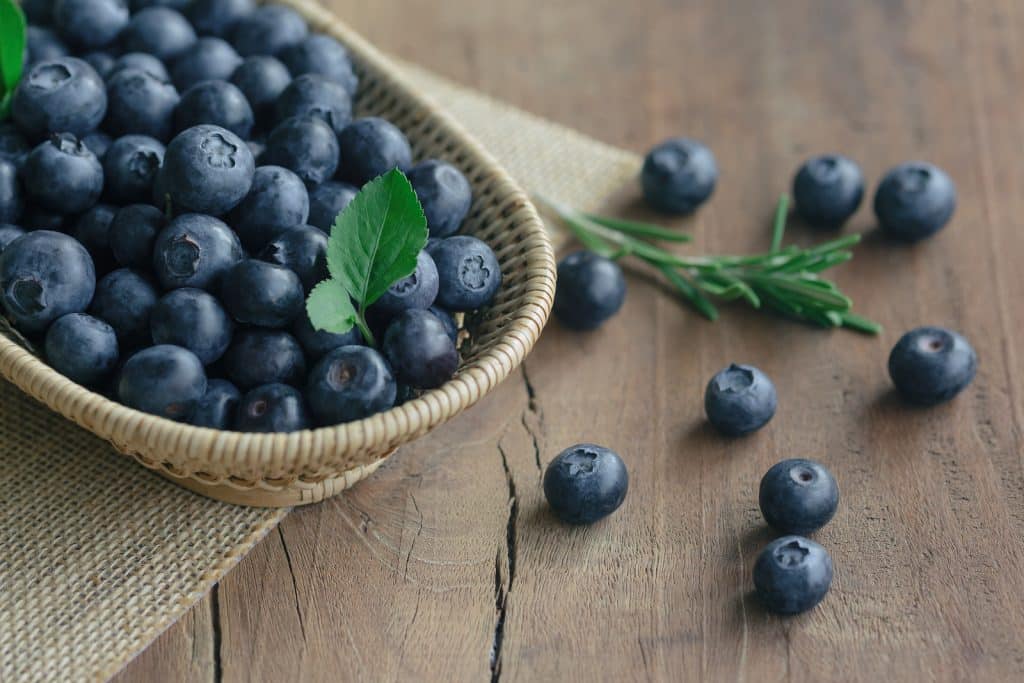
Vegetables with Leafy Greens
Various antioxidant compounds are found in green vegetables, including brussel sprouts, kale, and other leafy greens. If you are one of the people who do not care for how these vegetables taste, it is time to get creative with how you prepare them. Lightly boiling or steaming the vegetables can make it easier for your body to absorb the nutrients, while adding a little olive oil and spices can transform the taste completely.
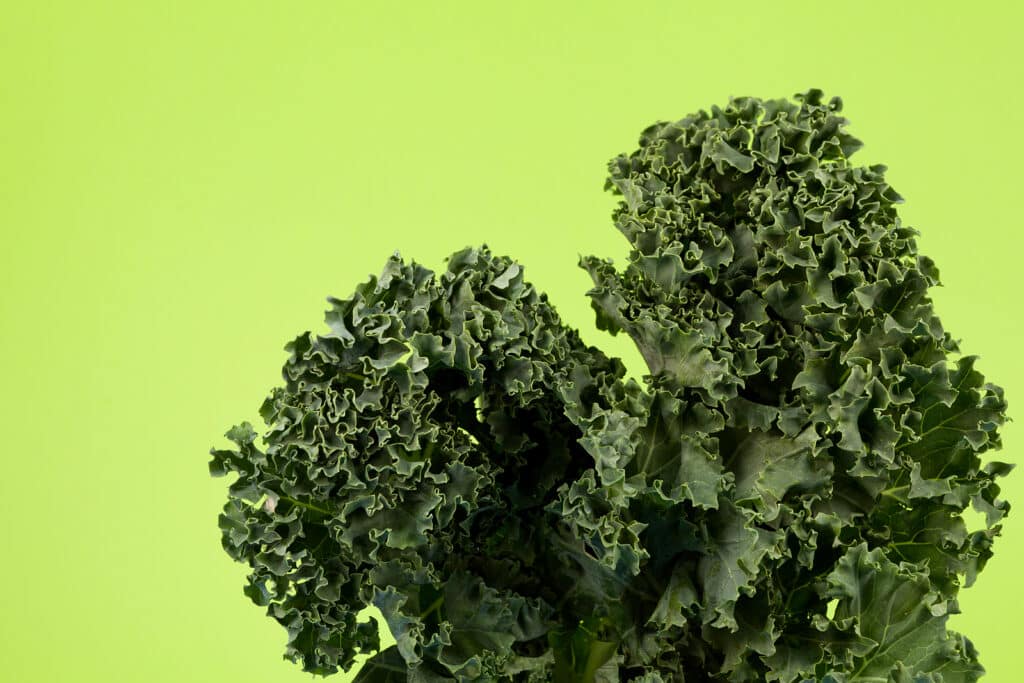
Cauliflower
Cauliflower is packed with antioxidants like quercetin and kaempferol, as well as fiber, vitamin C, calcium, and iron, making it a healthy powerhouse. Easy to prepare, cauliflower can easily be baked, boiled, steamed, mashed, riced, or eaten raw. Mashed cauliflower has replaced mashed potatoes in many restaurants, and pizzas made with cauliflower crusts are gaining widespread popularity.
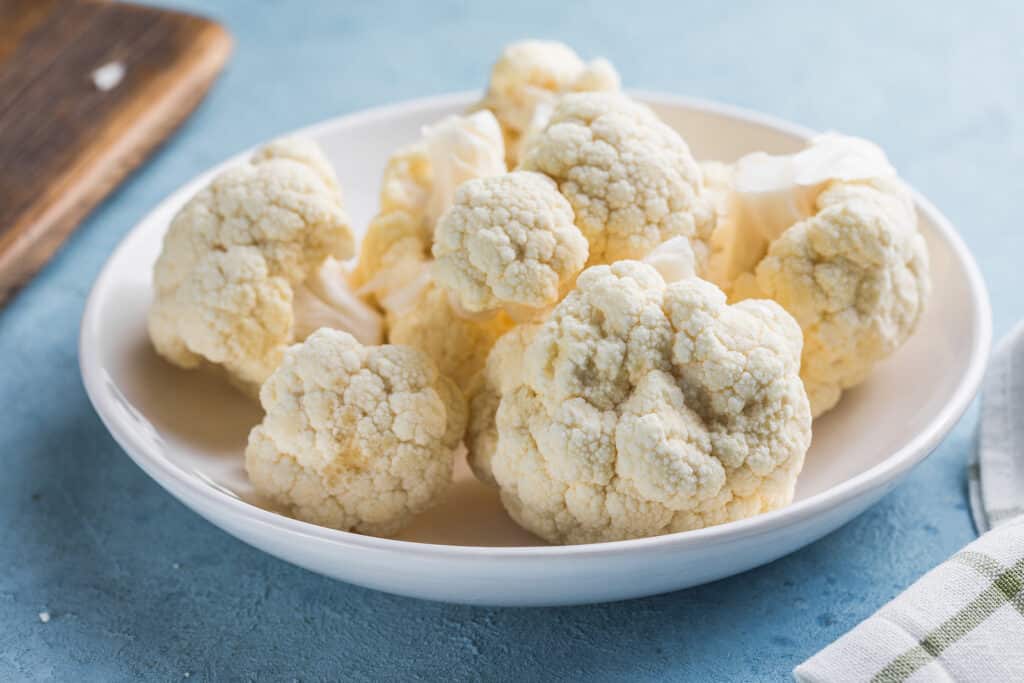
Almonds
Besides containing gut-friendly fiber, almonds are also rich in antioxidant compounds, including vitamin E. Studies show that vitamin E may reduce the risk of heart disease and blood vessel disease. A staple in most healthy diets, it is important to remember the proper daily serving amount with the 1-2-3 rule. One ounce of almonds is about 23 nuts and the correct amount to consume daily.
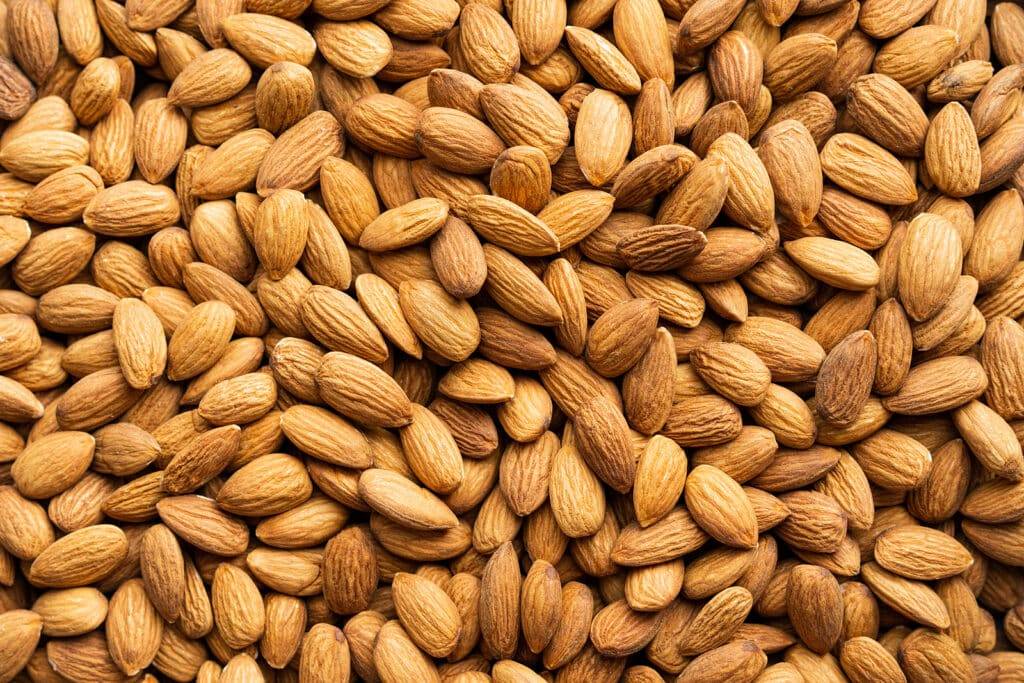
Green Tea Plant
The health benefits of green tea are well known. In addition to other beneficial compounds, green tea contains epigallocatechin gallate (EGCG), a compound with anti-inflammatory properties. According to recent studies, green tea is full of health-promoting compounds, and the optimal amount to drink daily is three to five cups.

Fish With a Lot of Fat
Fish that contain omega-3 fatty acids are associated with lower inflammation levels. Omega-3-rich fish include salmon, trout, mackerel, albacore tuna, and sardines. Fatty fish are an essential part of many of the healthiest diets in the world. To reap the most benefit from fatty fish, aim to consume two to three portions a week of differing types from the list above.
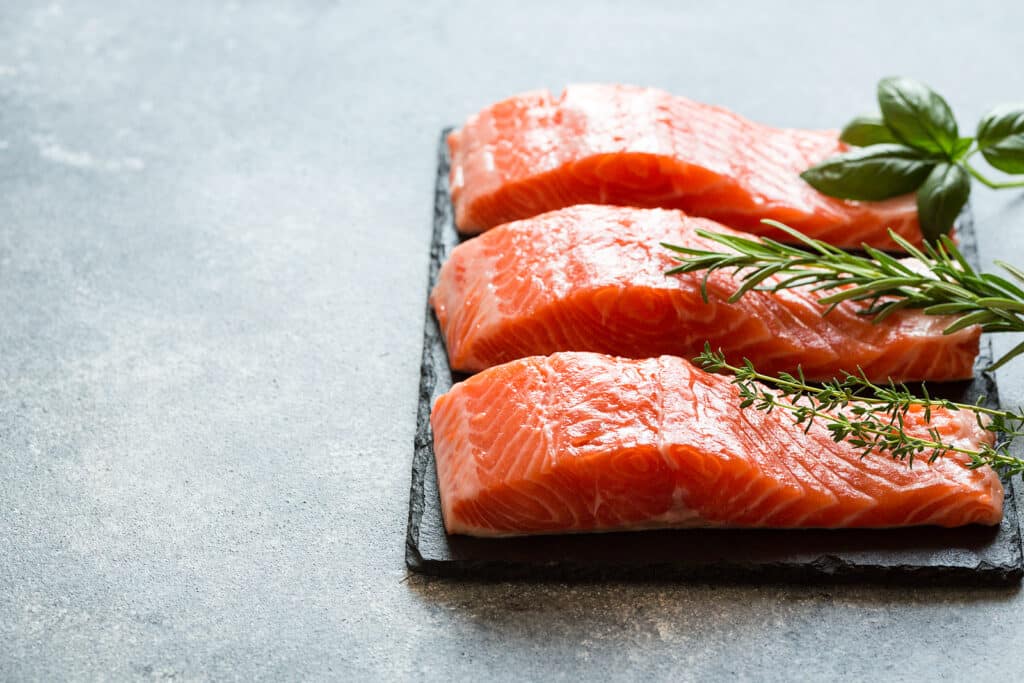
Oils Derived from Plants
Polyphenols in plant-based oils, like olive oil, are thought to help strengthen the immune system because they help increase the number of white blood cells in the body. According to early research, Sesame oil may also prevent inflammation through regular consumption. The ultimate list of what foods help fight inflammation includes these oils used at room temperature.
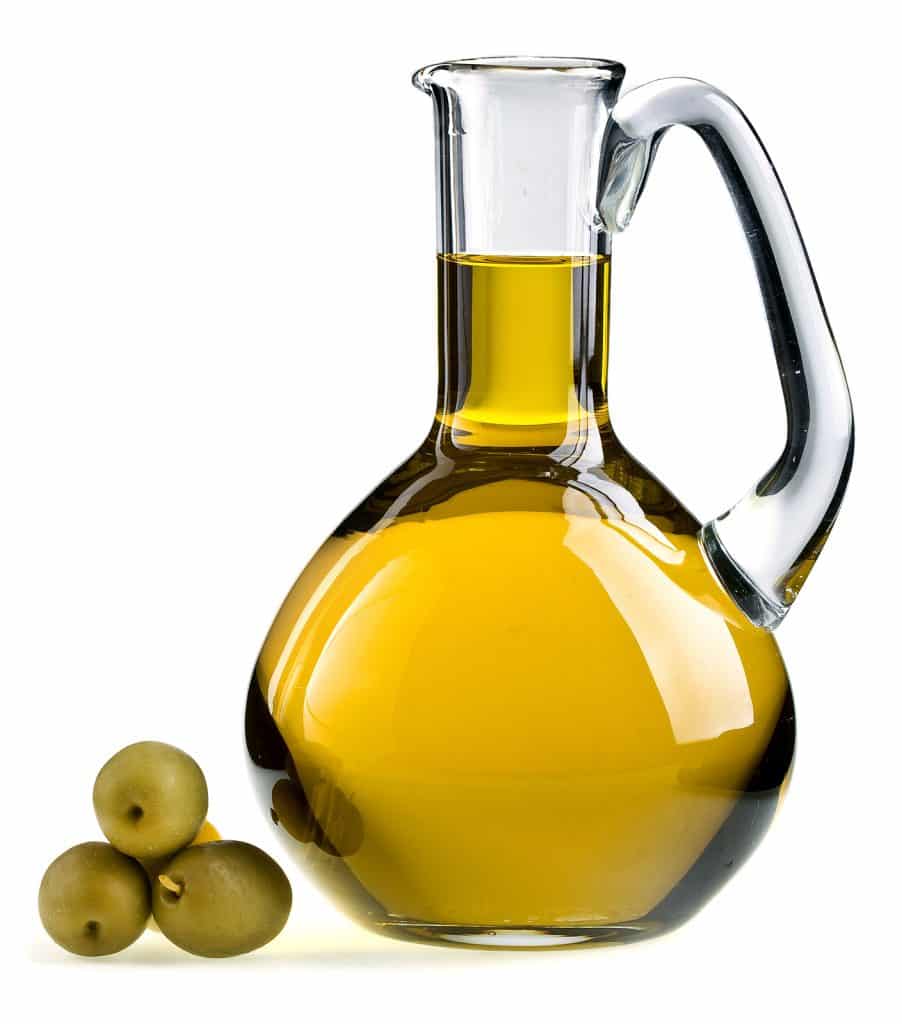
Tomatoes
Fresh and cooked tomatoes and tomato paste contain the antioxidant lycopene, which has anti-inflammatory properties. Tomatoes are very versatile and add numerous benefits to any dish they are added to. Some of the top research-backed benefits of eating tomatoes include heart, brain, and gut health protection. Tomatoes offer several potential research-backed benefits, including brain, heart, and gut health protection.
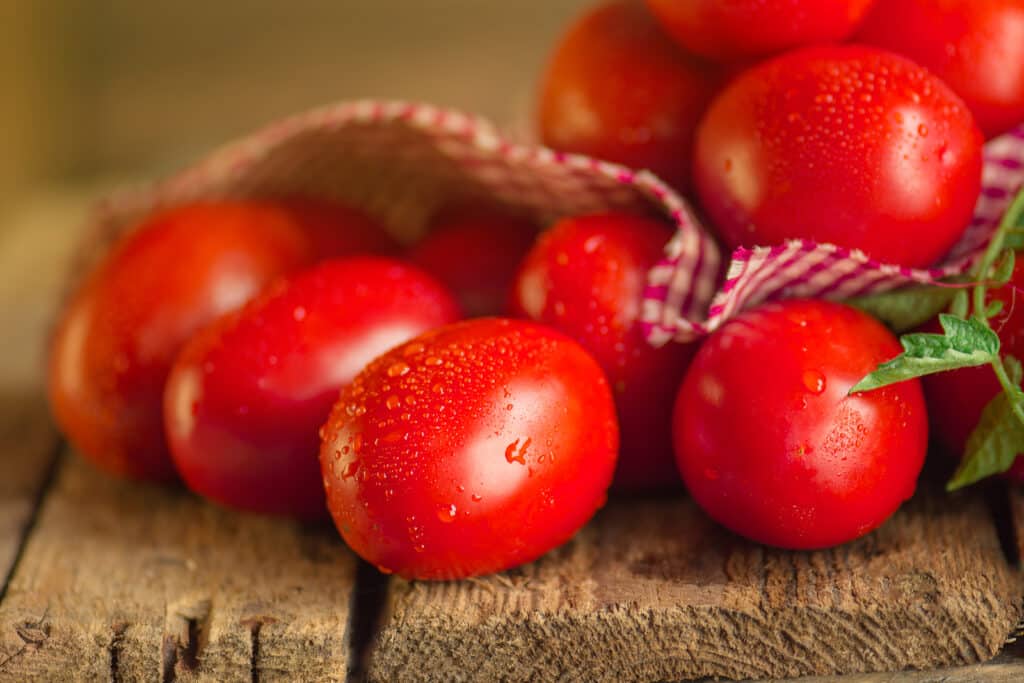
Coffee
To everyone’s delight, multiple studies prove that drinking coffee is good for you! Coffee contains antioxidant compounds such as flavonoids and quercetin, which may help reduce inflammation in the body. The caveat to keeping your coffee intake at the healthiest level is to limit yourself to two cups a day, do not add sugar or creamers to your cup, opt for an organic brand whenever possible, and don’t drink it after 2 p.m. due to the caffeine.

Spices and Herbs
Curcumin, gingerol, allicin, and other polyphenols and flavonoids are present in many spices, including turmeric, ginger, garlic, and cinnamon. As part of an anti-inflammatory diet, these are fantastic additions that won’t affect calorie intake. Also, do your research before adding these to your diet because the anti-inflammatory benefits of most in this category are released by heat or in combination with other specific in.
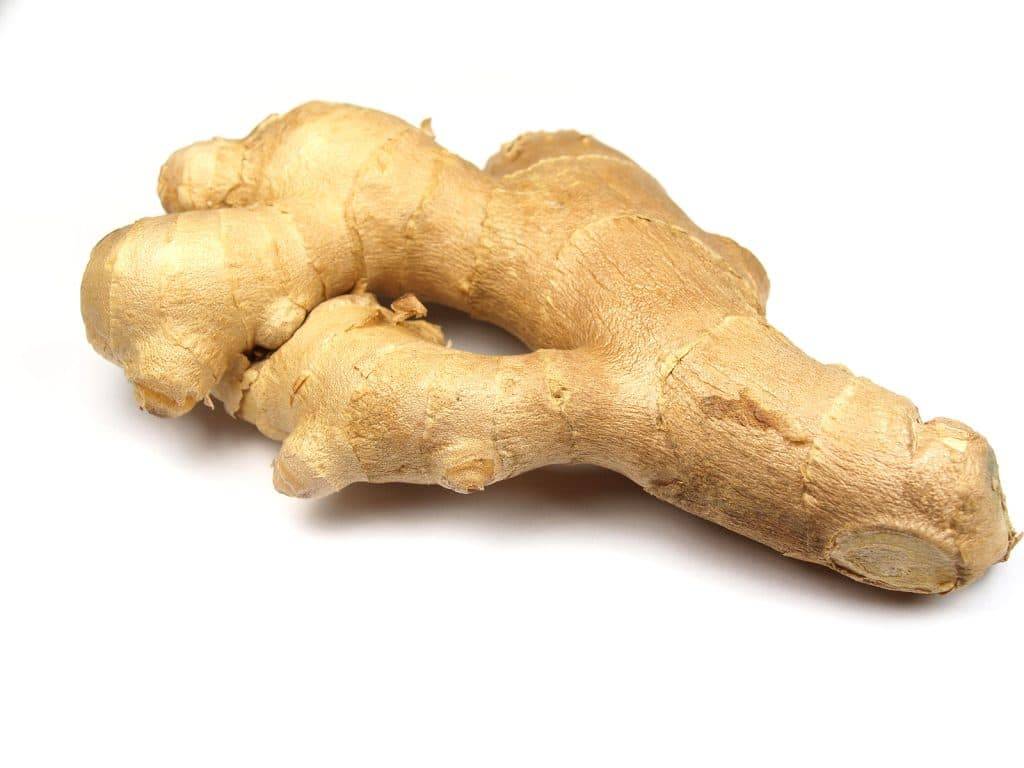
How to Use Food To Reduce Inflammation
Regarding the ultimate list of what foods help fight inflammation, one should also consider which foods to avoid. There are certain foods and beverages that you should limit if you want to eat in a way that lowers inflammation. These include sugary foods and drinks, such as soda and juices, candy, many desserts, and processed foods.
Other foods to avoid include:
– Deep-fried foods.
– Whole-fat dairy products.
– Certain fast foods.
– Baked goods high in saturated and trans fats
– Hot dogs, sausages, and other processed meats
– Refined carbohydrates, such as white bread, foods with refined sugars and many pastas.
When considering what to remove from your diet, starting with highly processed foods and sugar beverages is a good place to start. In general, eating foods as close to how they are found in nature is best. How you cook your food can also impact the nutrients and benefits you derive from it so be careful in your preparations.
How Food Can Affect Your Health
Knowing the ultimate list of what foods help fight inflammation may help treat a variety of health conditions. According to medical experts, chronic inflammation plays a role in many diseases, including heart diseases, cancerous tumors, diabetes, irritable bowel syndrome (IBS), Alzheimer’s disease, and inflammatory arthritis, just to name a few.
The ultimate list of what foods help fight inflammation is an excellent place to start for anyone looking to start eating healthier. As always, be sure to consult a medical profressional before starting any diet regimine.
Read more – Top Toxic Chemicals in the Air, What are Airborne Toxins?



